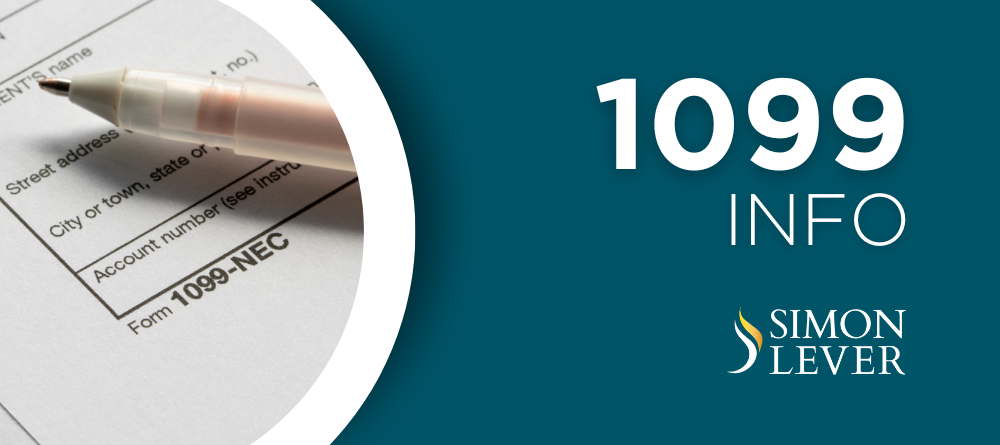Understanding Form 1099: Who Needs It and Why

When it comes to tax season, many of us are familiar with the W-2 form, but what about the lesser-known Form 1099? Form 1099 serves a critical role in the world of taxes, and understanding why and who needs it can help you navigate the intricacies of tax reporting more effectively.
What is Form 1099?
Form 1099 is not a single form but a series of information returns that the Internal Revenue Service (IRS) uses to track various types of income outside of regular wages or salaries. It’s a way for the IRS to ensure that taxpayers accurately report their income, even when it doesn’t come from traditional employment. These forms are mandatory for businesses and individuals who are sole proprietors or have eligible rental activities for the Qualified Business Income Deduction. The IRS uses this information to verify taxable income reported by others and non-compliance incurs penalties.
Who Needs Form 1099?
- Businesses: If you operate a business, you may need to issue Form 1099 to report payments made to non-employees or independent contractors. This typically applies to anyone who provides services to your business and isn’t classified as an employee. Examples include freelancers, consultants, and subcontractors.
- Investors: If you earn interest, dividends, or capital gains from investments, financial institutions may issue you Form 1099-INT, Form 1099-DIV, or Form 1099-B, respectively, to report these earnings.
- Other Income Recipients: Individuals who receive various types of income beyond regular employment, such as royalties, prizes, awards, or gambling winnings, might also receive Form 1099 to report these earnings.
- Self-Employed Individuals: If you’re self-employed, you may need to issue 1099s to report payments you’ve made to subcontractors or service providers.
Remember: E-filing requirement for information returns this filing season is 10. This means that a business that files 10 or more forms 1099s, W-2s, and other information returns this year (in total) must file them electronically to be compliant with the requirements.
Why Do You Need Form 1099?
The primary purpose of Form 1099 is to ensure the accurate reporting of income to the IRS. Failing to report income or underreporting it can lead to penalties and legal consequences. Form 1099 helps track non-employee compensation, rental income, investment earnings, and other types of income that are often subject to taxation. By documenting these transactions with 1099s, the IRS can cross-verify the reported income on both sides, reducing the likelihood of tax evasion.
Common 1099 Types:
- Form 1099-NEC (Nonemployee Compensation): Payment for services in the calendar year that exceeds $600 to unincorporated entities (including individuals), such as but not limited to accounting fees, attorney fees (incorporated and unincorporated), subcontractors, directors’ fees, machine hire, and services (including parts and materials).
- Form 1099-MISC (Miscellaneous Information): Payments over $600 to entities or individuals for rent, consumer product sales, medical payments, awards, and more. The threshold for royalty payments is $10.
- Form 1099-INT (Interest Income): Payments exceeding $600 to unincorporated entities for interest during your trade or business.
- Form 1099-DIV (Dividend Income): Payments to individuals of $10 or more for dividends and stock distributions. Most S-Corporation distributions are excluded. The threshold for corporate liquidation is $600.
Other Reminders:
PA Source Income: Include the amount of reportable payments from a Pennsylvania source on Form 1099-MISC and 1099-NEC. Withhold and remit PA income tax if payments exceed $5,000 for non-resident individuals or disregarded entities, or for rents, royalties, and bonuses to non-resident individuals, estates, or trusts.
Federal Back-Up Withholding: Payments like non-employee compensation, interest, and dividends may be subject to 24% back-up withholding. Ensure you have a Form W-9 on file for vendors providing reportable services.
Additional 1099 forms include 1099-S, 1099-R, W-2G, and 1099-PATR. If you’re ever in doubt about your tax responsibilities or filing requirements, contact your Simon Lever advisor.



